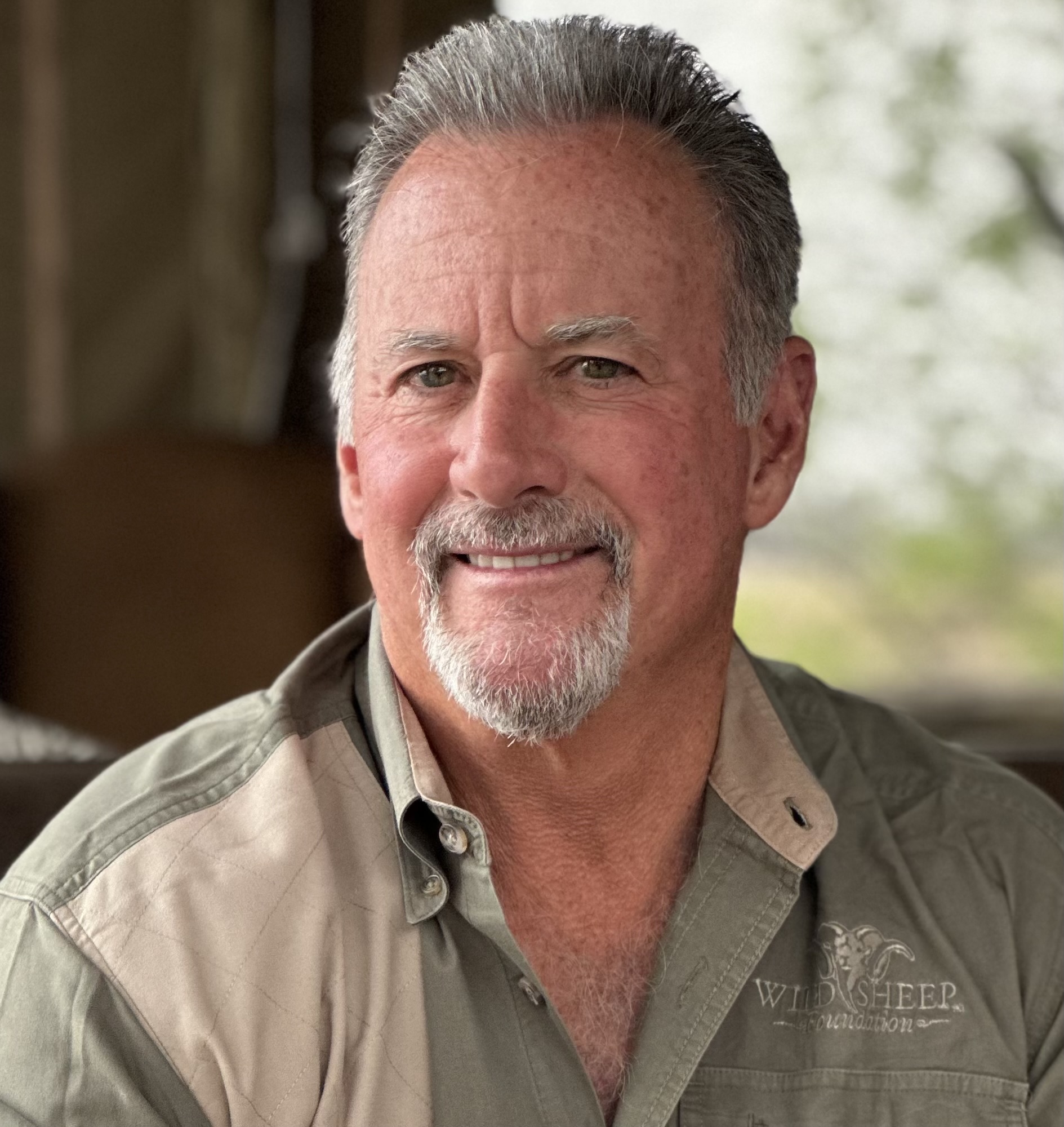Por qué asistir
From Namibia’s drylands to Cambodia’s forests and North America’s deserts, discover how communities and conservationists are building resilience through water, wildlife, and wild harvests. These short, powerful case studies reveal how Indigenous knowledge, sustainable use, and innovative management can sustain food security and biodiversity in the face of climate change.
Descripción de la sesión
This session brings together three concise case studies that showcase innovative and community-driven approaches to resilience at the intersection of food security, climate, and conservation. In the arid landscapes of North America, water infrastructure is helping restore desert sheep populations while reinforcing links between wildlife health and food systems. In Namibia, the Nyae Nyae Conservancy — Africa’s first communal conservancy — demonstrates how Indigenous rights, traditional knowledge, and adaptive governance sustain both livelihoods and biodiversity through wildlife quotas, meat distribution, and sustainable harvesting. From Cambodia, the O’Tung Community Protected Area illustrates how the Kavet people’s stewardship of the Malva Nut has strengthened household incomes, governance, gender equity, and forest conservation. Together, these case studies highlight how resilience is built when people are empowered to steward land and resources. Join us for a global journey of learning, followed by a Q&A to connect lessons across regions.Speaker
Wild Sheep Foundation
Adaptation in Action: Case Studies of Community-Led Conservation and Food Security
IUCN Commission on Environmental, Economic, and Social Policy 2021-2025
Adaptation in Action: Case Studies of Community-Led Conservation and Food Security
Adaptation in Action: Case Studies of Community-Led Conservation and Food Security

